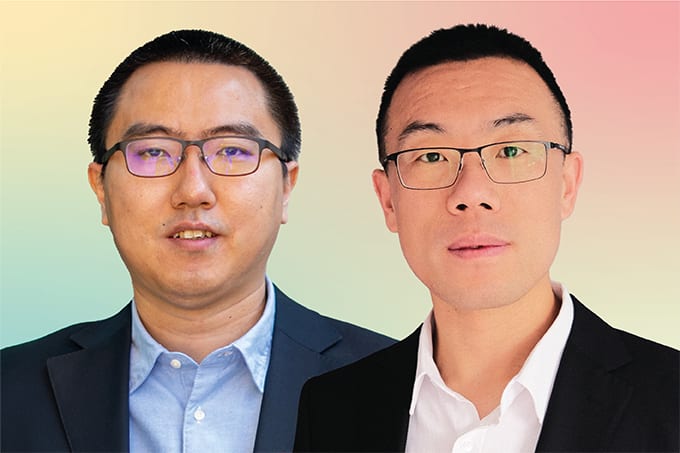“We aim to improve the quality of life through science, so being committed to ‘Global Citizenship’ is in our DNA. We work to enable our employees, customers and the greater community to continue to benefit from these fundamental beliefs,” says Jeffrey Whitford, Director, Global Citizenship at Sigma-Aldrich. “We are constantly finding new ways to increase the sustainability of our business from procurement to production to consumption by our customers. With a global environmental management system for all of our facilities, we have invaluable data that helps guide our decisions and investments to reach the next level of sustainability.”
“We aim to improve the quality of life through science, so being committed to ‘Global Citizenship’ is in our DNA. We work to enable our employees, customers and the greater community to continue to benefit from these fundamental beliefs,” says Jeffrey Whitford, Director, Global Citizenship at Sigma-Aldrich. “We are constantly finding new ways to increase the sustainability of our business from procurement to production to consumption by our customers. With a global environmental management system for all of our facilities, we have invaluable data that helps guide our decisions and investments to reach the next level of sustainability.”




